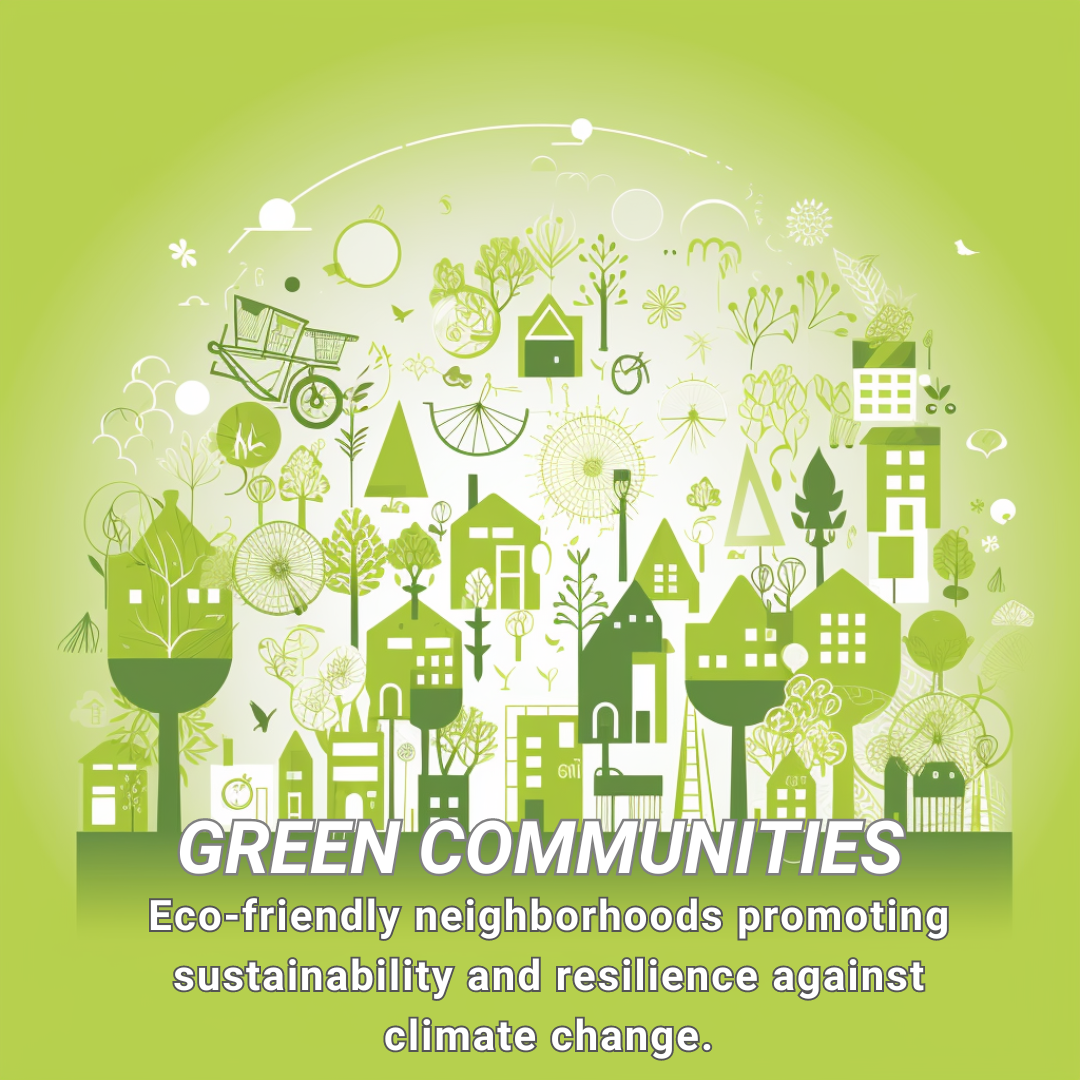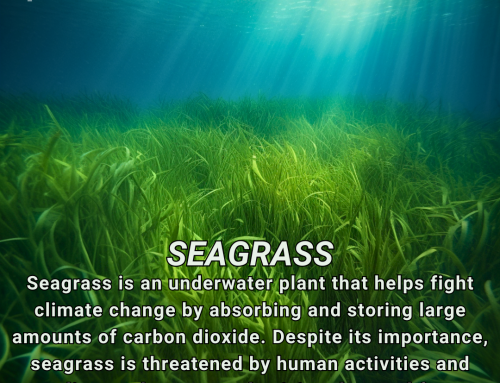
Today’s Climate Change Poster Collection focus on Green communities. The Green Communities program is an initiative that aims to promote practices that improve environmental quality, address climate change, and reduce development impacts on natural resources. This program recognizes the importance of incorporating sustainable strategies into community planning and development.
One of the key focuses of the Green Communities program is research efforts that prioritize green/blue infrastructure, green energy, and green transportation. These areas are crucial for creating sustainable communities that are resilient to environmental challenges. By investing in green infrastructure, such as parks, green roofs, and permeable pavement, communities can mitigate the effects of climate change and improve the overall quality of life for residents.
Planners involved in the Green Communities program understand the importance of balancing short-term and long-term interests. They strive to enhance the viability of communities by considering both immediate needs and future sustainability. This approach ensures that communities are not only economically prosperous but also environmentally conscious.
Citizen engagement is a crucial aspect of the Green Communities program. By involving residents in the planning process, communities can make fiscally sound investments and decisions that protect and restore the natural environment. Citizen participation also helps to create a sense of ownership and pride in the community’s sustainability efforts.
The American Planning Association (APA) actively engages its members who are focused on water issues in their communities. The APA provides resources and support to help these members address water-related challenges and prioritize water conservation efforts. This collaboration demonstrates the APA’s commitment to promoting sustainable water management practices.
In addition to water issues, the APA has also developed a playbook for cities and regions to maximize the benefits and minimize the potential negative consequences associated with the deployment of autonomous vehicles. This initiative recognizes the potential of autonomous vehicles to revolutionize transportation but also emphasizes the need for careful planning to ensure that these vehicles contribute to sustainable transportation systems.
Urban growth poses challenges to traditional approaches to green infrastructure and conservation. As communities expand, it becomes increasingly important to integrate green infrastructure into the urban fabric. The APA collaborates with the U.S. Forest Service on regional green infrastructure planning to address these challenges and develop guidance for long-range comprehensive planning.
In conclusion, the Green Communities program and the efforts of the APA are instrumental in promoting sustainable practices and enhancing the viability of communities. By prioritizing green infrastructure, green energy, and green transportation, communities can mitigate the impacts of climate change and improve environmental quality. Through citizen engagement, plan making, and development review, fiscally sound investments and decisions can be made to protect and restore the natural environment. With the APA’s resources and support, members can address water issues and maximize the potential benefits of autonomous vehicles. The collaboration between the APA and the U.S. Forest Service further strengthens regional green infrastructure planning and comprehensive planning efforts. In a world where urban growth poses challenges, the Green Communities program and the APA play a vital role in creating sustainable communities for the future.
Discover an inspiring collection of climate change poster.






